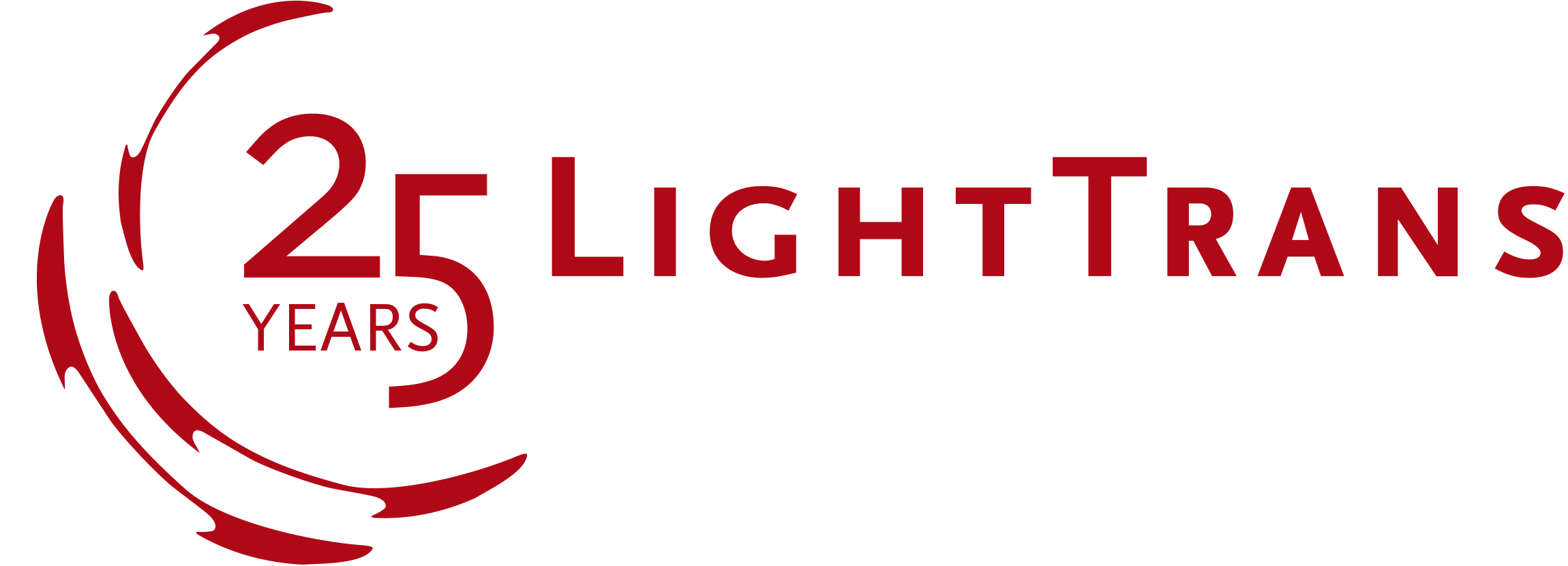Whitepaper Collection VirtualLab Fusion
Download our latest Whitepaper Collection.
Seamless Transition from Ray to Physical Optics
This new workflow enables a seamless transition from ray to full physical-optics modeling. This way we simplify the usage of the amazing modeling features in VirtualLab Fusion.
Read more
Generation of Rays for Ray Tracing
In this Workflow we show, how we perform a physical optics propagation from the source plane to the first surface of the system and generate the rays there.
Fourier Transforms in VirtualLab Fusion
Fourier transforms connect representations of functions in different domains. By that they enable the selection of modeling and evaluation techniques in the most favorable domain in terms of computation speed and compactness of techniques.
Field Tracing Accuracy Settings
Here we focus on the accuracy of sampling and the Fourier transform selection. They can be adjusted in the major Simulation Settings (Field Tracing) in each modeling level and in the customized mode of field tracing.
Step-by-Step Field Tracing with Modeling Analyzer
Physical-optics modeling in VirtualLab Fusion is initialized by the light path finder algorithm, which searches for all possible light paths through the system for a given configuration of component channels.
Connecting Solvers by Master Channels
VirtualLab Fusion enables fast physical-optics system modeling by connecting different solvers instead of applying one universal solver to the entire system. This technology is enabled by a channel concept. The Light Path Finder in VirtualLab Fusion (see Step-by-Step Field Tracing with Modeling Analyzer) searches for channel surfaces with finite extent which are placed in space.
Truncation of Fields at Boundaries
One key technique for fast physical-optics modeling with VirtualLab Fusion is the channel concept which enables connecting solvers (see Connecting Solvers by Master Channels). Fields enter channels through the channel master region which may be subdivided into subregions (see High Flexibility by Subchannels).
High Flexibility by Sub-Channels (x-Domain)
We have started to enable the optional decomposition of a master region into subregions in x-domain which form the entrance to subchannels.




